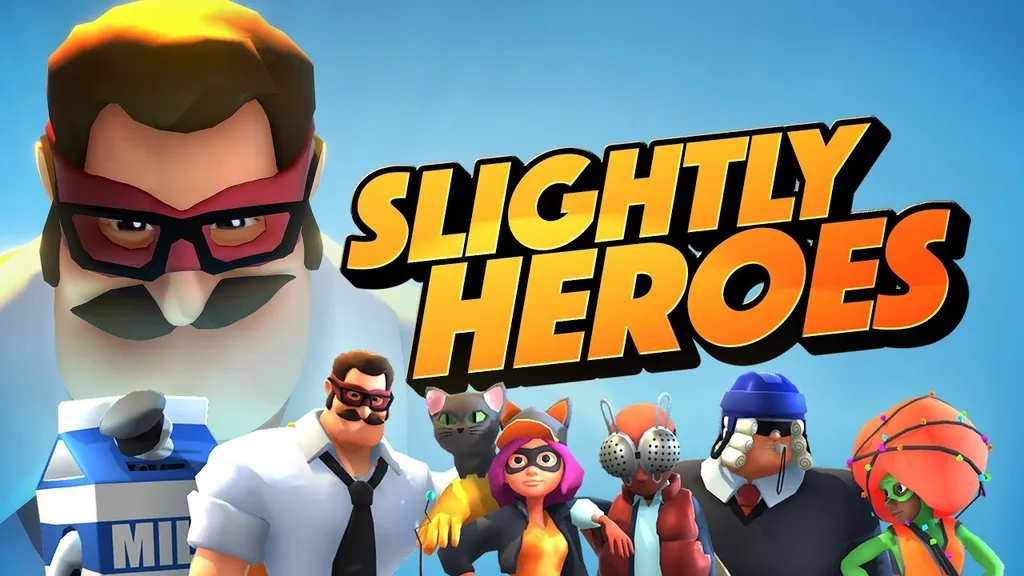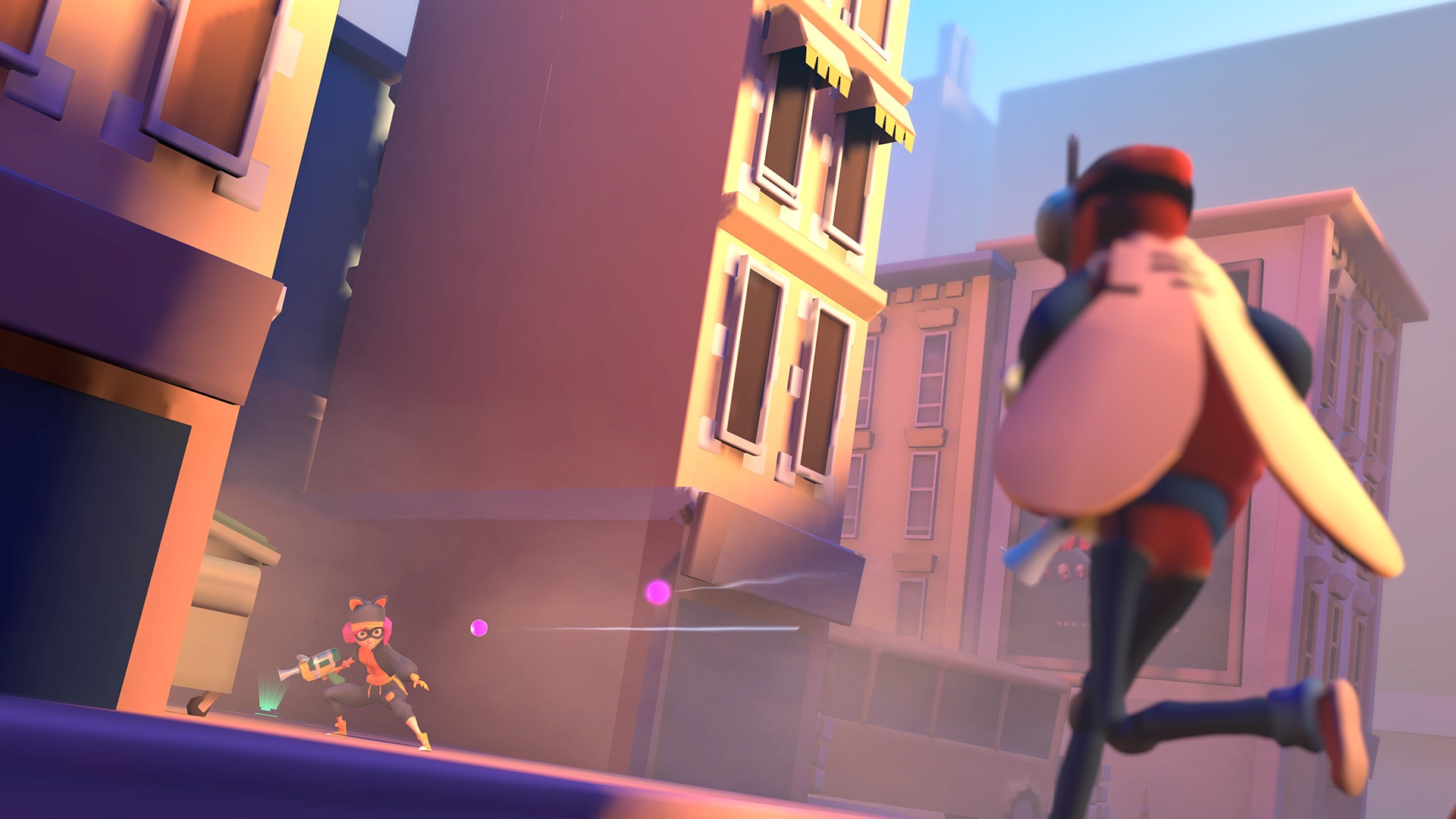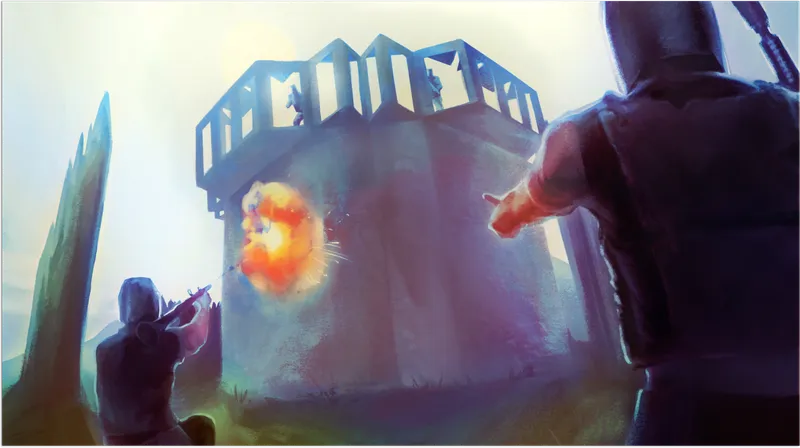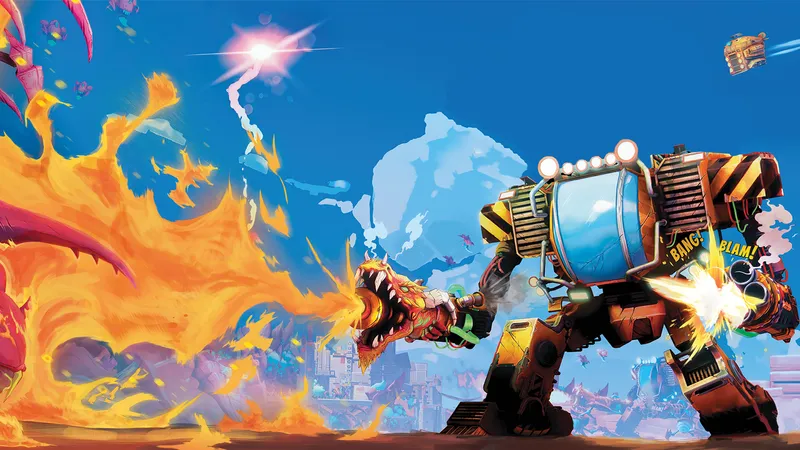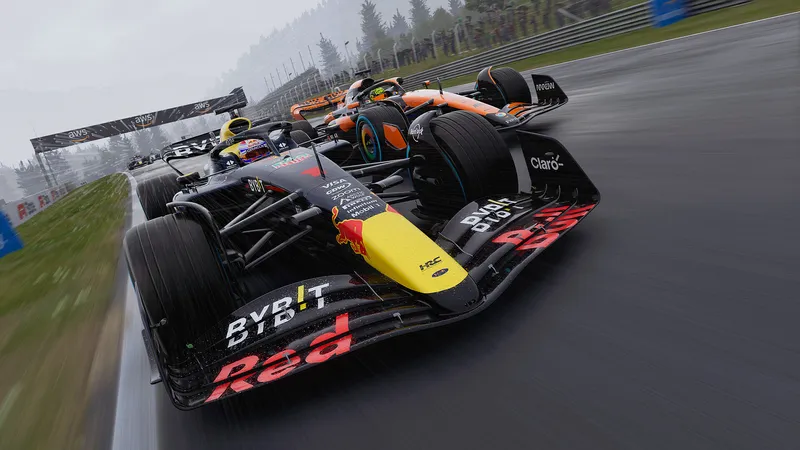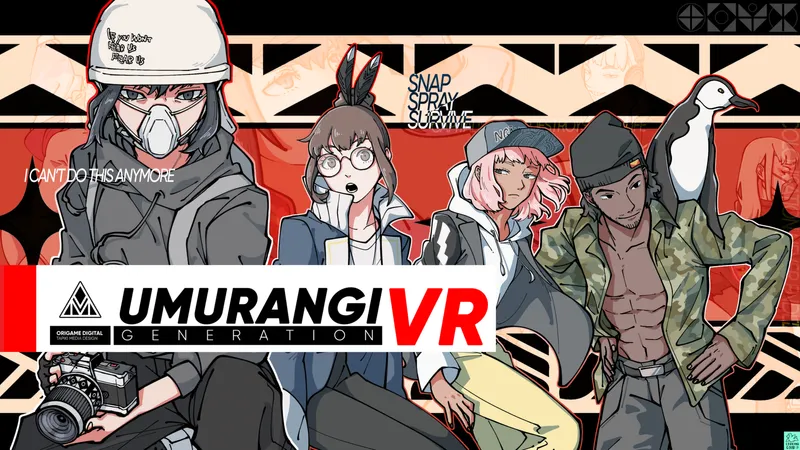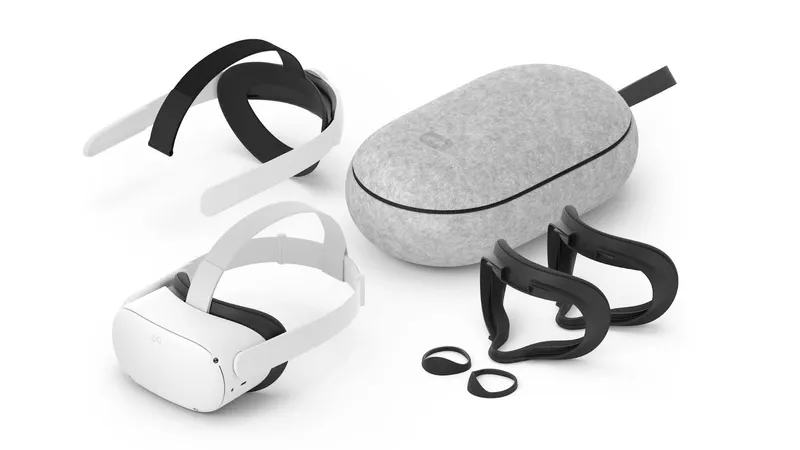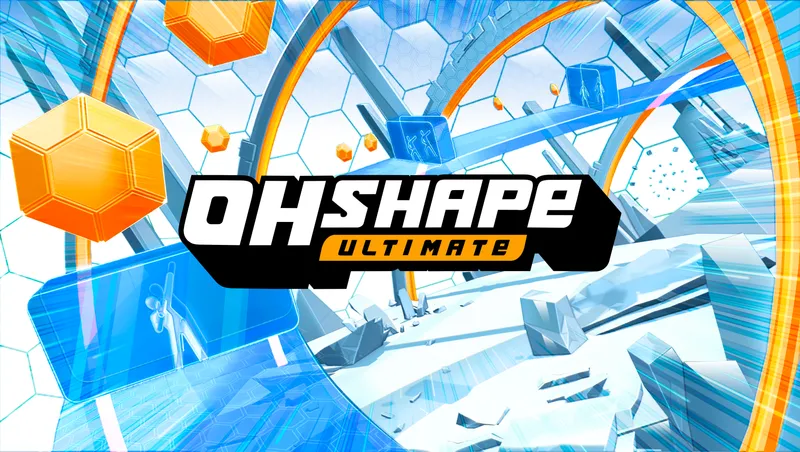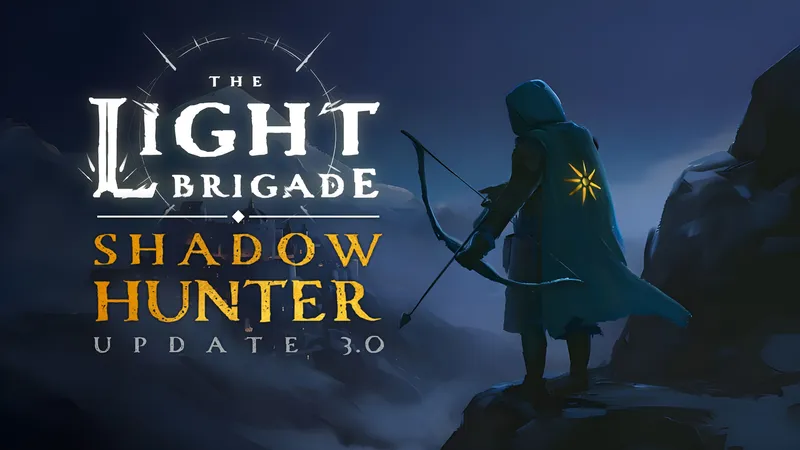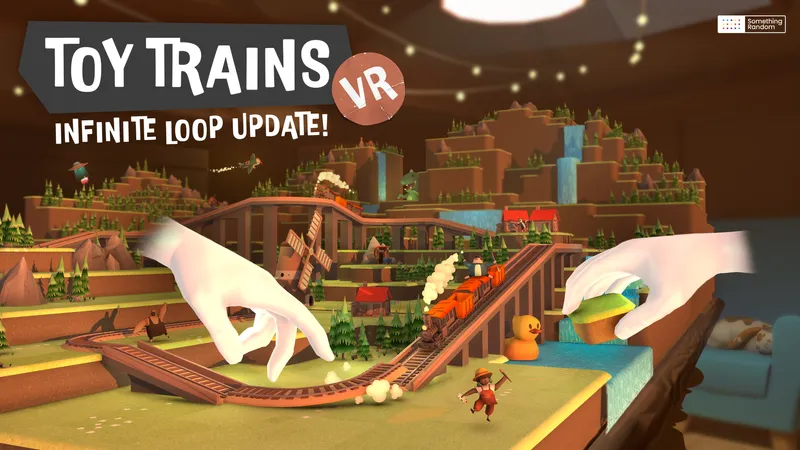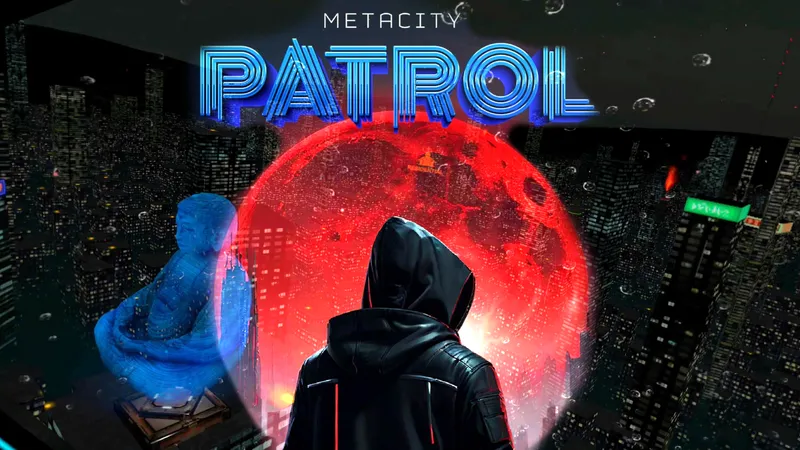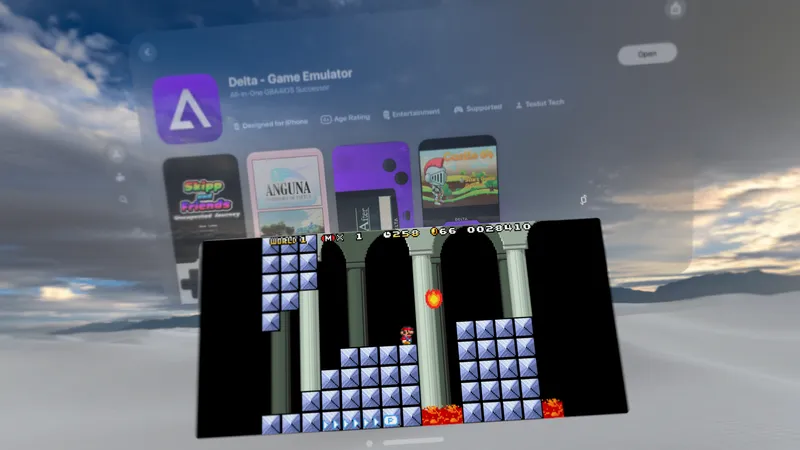With such a dedicated, enthusiastic audience, VR doesn’t get many unexpected surprises. Our most anticipated games enjoy regular spotlights at the top of various subreddits and on our front page. With an industry this small, it’s hard for content to fall through the cracks in the run-up to launch.
But Slightly Heroes did just that. It appeared as if from thin air on a broad range of headsets in late 2018 and gradually started raising eyebrows. Not just because it’s pretty good, but because it’s pretty good practically everywhere you can play it. It’s a fine multiplayer shooter on Rift and Vive, for example, but it really holds its ground on Go and Daydream, too.
One question, then: where did it come from?
You might not be surprised to know the answer is Stockholm, Sweden. Yup, the city that hosts Neat Corporation, Resolution Games, Fast Travel Games and Cortopia Studios is also home to Hatrabbit Entertainment. Housed in the same building as Cortopia and a stone’s throw away from its contemporaries, a small team is still chipping away on this plucky shooter. As with many Swedish studios, they have experience working on the country’s two main gaming exports: Battlefield and Angry Birds.
“We like to say that Hatrabbit was founded twenty years ago,” co-founder Joakim Svärling tells me. “That’s when me and the co-founder Andreas [Chryssovitsanos] met. We have been working side-by-side through all the years, mostly on the creative side at DICE. We were technical directors and art directors at DICE working on the Battlefield series.”
There may be a little of the Battlefield DNA in Slightly Heroes’ cartoonish antics, then, but Svärling and Chryssovitsanos would make a four-year pit stop at Rovio before Hatrabbit was truly born.
“With all this experience, we know how to create games,” Svärling says. “We know what’s the recipe for a game. But then you’ve gotta know how to build a studio also, and all the culture around that. We were very curious if we could do this on our own. It wasn’t that we said, let’s make a VR studio […] but we were curious about VR.”
Naturally, VR curiosity turned into VR experiments. That’s where the team’s first game, Merry Snowballs, came from. It was a pretty simple affair, similar to a lot of VR content coming out in 2016; a wave shooter cheerily disguised in a Christmas theme. It launched with a ‘freemium’ model, a move Svärling calls financially “stupid” but an experiment from the beginning. The lessons it learned may have been harsh (“Don’t make seasonal games,” Svärling warns), but worth it.
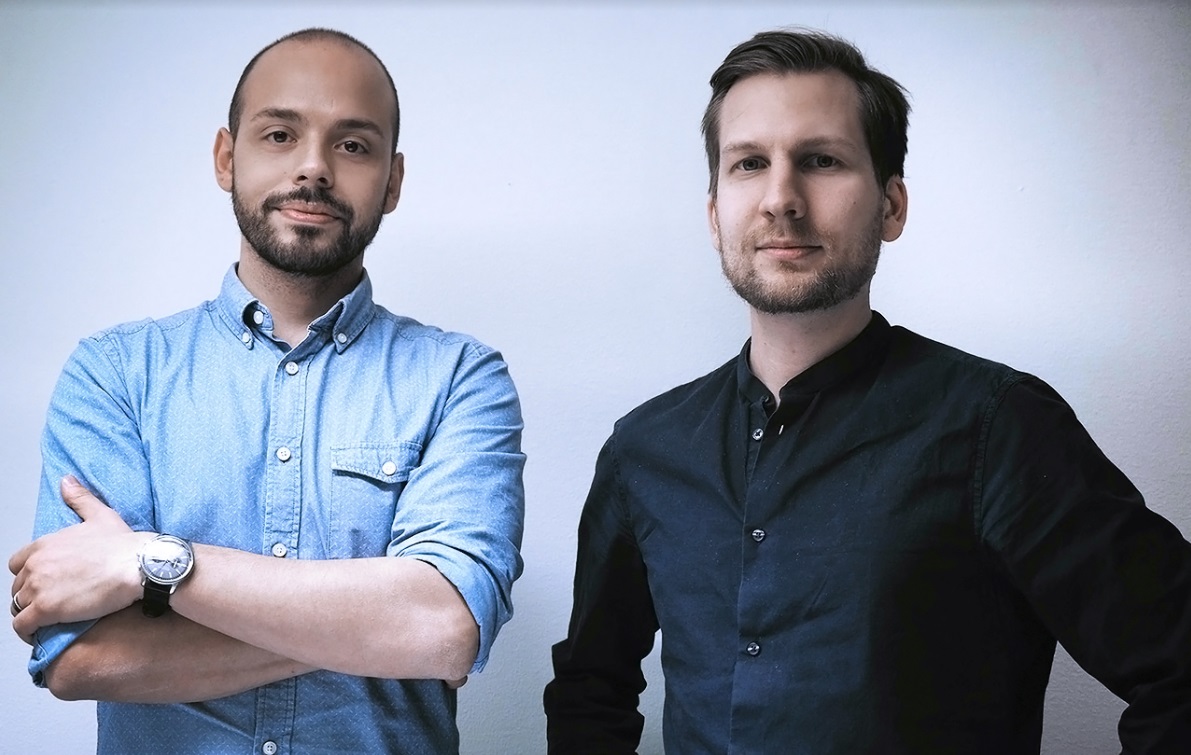
“Taking risks is such an important part of developing,” COO Alexander Bergendahl adds. “When you have a platform that’s established, maybe you want to take less risks because you’ve got so much to look back to, but with VR there’s so many unknowns and you do what you know is safe from other parts of the industry, you’re not going to help the platform take steps forward.”
“You have the monetization part and you have the game design part,” Svärling adds. “Every cornerstone of games is different in VR. I think what makes a good game today is when you have understood all of these parts together. Because you can make an amazing game but you might not have the monetization.”
And it hasn’t deterred the team. Merry Snowballs was released under Hatrabbit’s experimental ‘Playground’ label, which will continue to take risks. “It’s about having an idea and shipping it immediately, getting it out there as soon as possible,” Svärling explains. “Merry Snowballs was made in four weeks by two people.”
But it can’t all be pressure-free R&D; something’s got to sell eventually. That’s where Slightly Heroes comes in. I’m not entirely surprised to learn that the game got its start with a Google partnership as a multiplayer mode for Merry Snowballs. The search engine giant’s mobile VR ecosystem, Daydream, is home to plenty of great VR games that initially fly under the radar. It wasn’t until its arrival on other platforms that I first noticed it, for example.
With hindsight on its side, though, Hatrabbit decided to change the game’s branding. “This whole studio is built on the idea of mass-appeal,” Svärling says of the game’s Pixar-esque redesign. “We think that’s important to VR too. We see a lot of titles that are built for the hardcore VR ‘techy’ audience and we want VR to be available and interesting for everyone.”
That thinking also fueled Slightly Heroes’ most impressive feature: cross-play between mobile and PC VR headsets as well as iOS and Android smartphones. That, to Hatrabbit, was crucial to building something for everyone. Something that doesn’t ask players to spend hours waiting in empty lobbies in hopes of finding a match.
“The game is alive and kicking. It has a very active community. There are more players at certain times of the day,” Svärling says, adding that Oculus Go is “obviously” the most popular platform right now.
“It’s been natural because Daydream was our target platform from the beginning,” he adds on the transition between mobile and PC VR. “And you only have one button on the controller. And that was the starting point, so it shouldn’t matter what platform you’re playing on. It’s a very accessible and easy game that you just jump in and play.”
In fact, the game’s best-ranked player isn’t on Rift, Vive or even Go; they’re on Daydream.
Now it’s about tailoring the game to that community’s demands. New features like a left-handed mode have been added. you can even pair a gamepad with the mobile VR version and play with that in one hand and the motion controller in the other. “The biggest question we get is “What can we do with the multiplayer experience?”,” Bergendahl notes. “So right now it’s 1 vs. 1. So we’re investigating, can we expand that? Is it possible to add more? We’re a pretty unique game already, but we’d like to stay ahead of the curve.”
Part of its plans also include collaborations with other VR games. Earlier this year the game added an item from Fast Travel’s Apex Construct, for example. And there are, of course, plans for other platforms, including Oculus Quest. As for PSVR? Just a simple “we’d like to” from Bergendahl for now.
“We’re always trying new ideas and thinking about new things,” he says of what’s next. “We’re a big prototype team and we like to play around with new ideas and new concepts. But nothing to talk about yet.”
For now, Hatrabbit wants Slightly Heroes to find the footing it deserves. Here’s hoping it does; VR could always use another hero.

